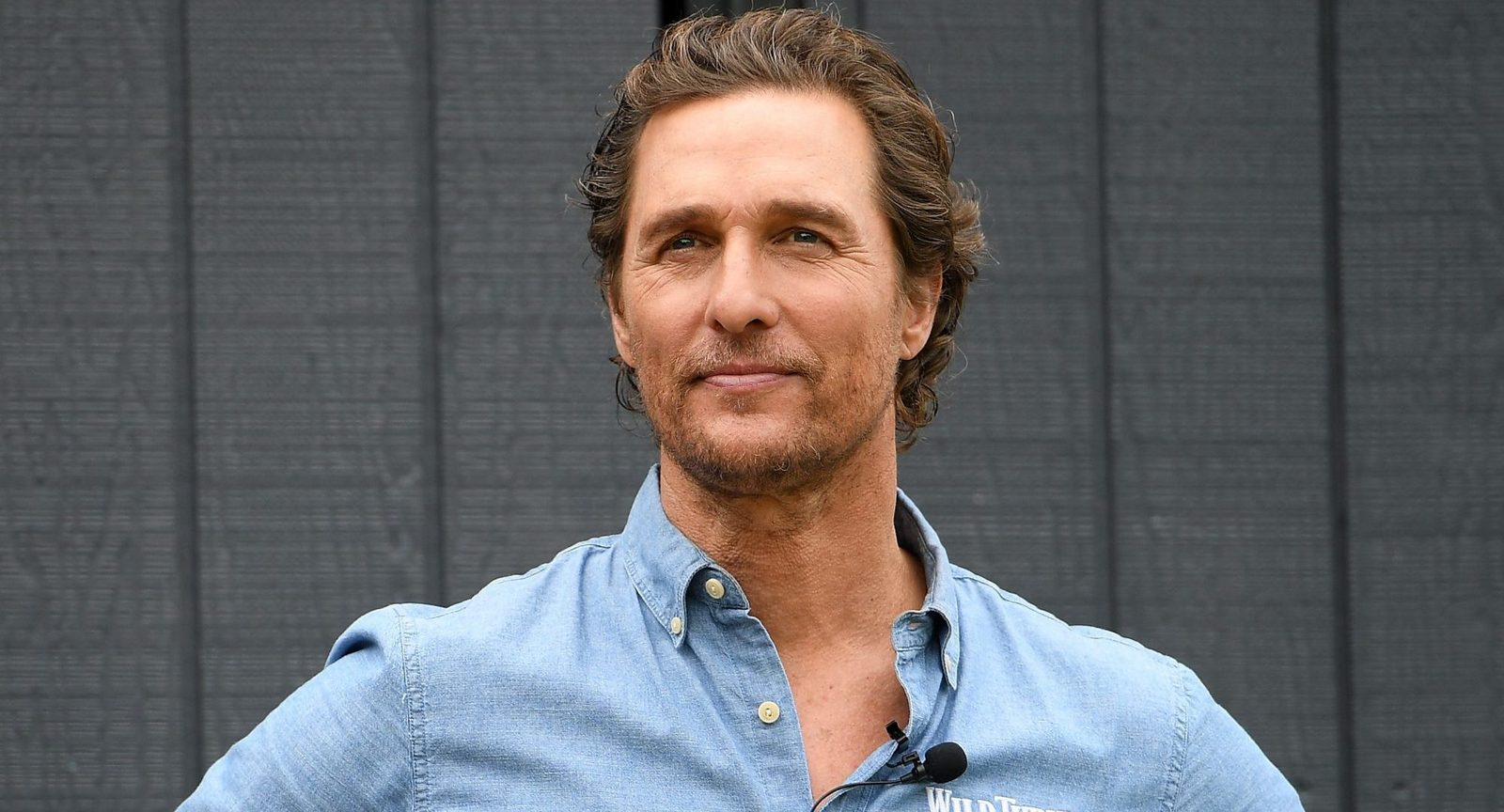Matthew McConaughey recently shared insights on his decision to prioritize personal fulfillment over financial gain, highlighting a perspective on wealth that he believes doesn’t necessarily equate to happiness. Speaking on the Modern Wisdom podcast, the 55-year-old actor discussed why he values a more meaningful “profit” in life, rather than just accumulating wealth.
McConaughey pointed out that while society often equates money and fame with success, he disagrees. “Right now, money, fame, that’s the definition of success,” he said. “Whoever has more, you’re the winner.” For him, however, true profit is measured in personal contentment and purpose rather than the numbers in his bank account. “Profit does pay you back,” he explained, but it’s about the broader rewards in life, not just financial returns.
The actor recalled witnessing how some individuals, despite their wealth, were unhappy due to an endless pursuit of money without meaningful relationships or purpose. “They were good at it,” he said of those who chase financial success, “but they couldn’t necessarily say what they were good at.”
McConaughey’s commitment to finding joy and fulfillment over wealth is reflected in his career choices. After a successful run of romantic comedies, he reached a point in 2012 when he felt the need to step back from those roles, even if it meant giving up lucrative opportunities. “I decided to sit out, and I had to endure for a while,” he explained. When presented with a $15 million offer to star in a Magnum, P.I. film in 2008, McConaughey turned it down, opting instead to pursue projects that aligned with his passion.
This decision led him to take a significantly lower paycheck—less than $200,000—for Dallas Buyer’s Club, a role that would ultimately win him an Academy Award and bring a deeper sense of purpose to his career. Reflecting on this choice, McConaughey said he doesn’t miss the millions he could have earned. “Would I be any less happy if I had a 50th of what I have right now? No,” he said, adding, “The residuals decline on quality of life.”

















